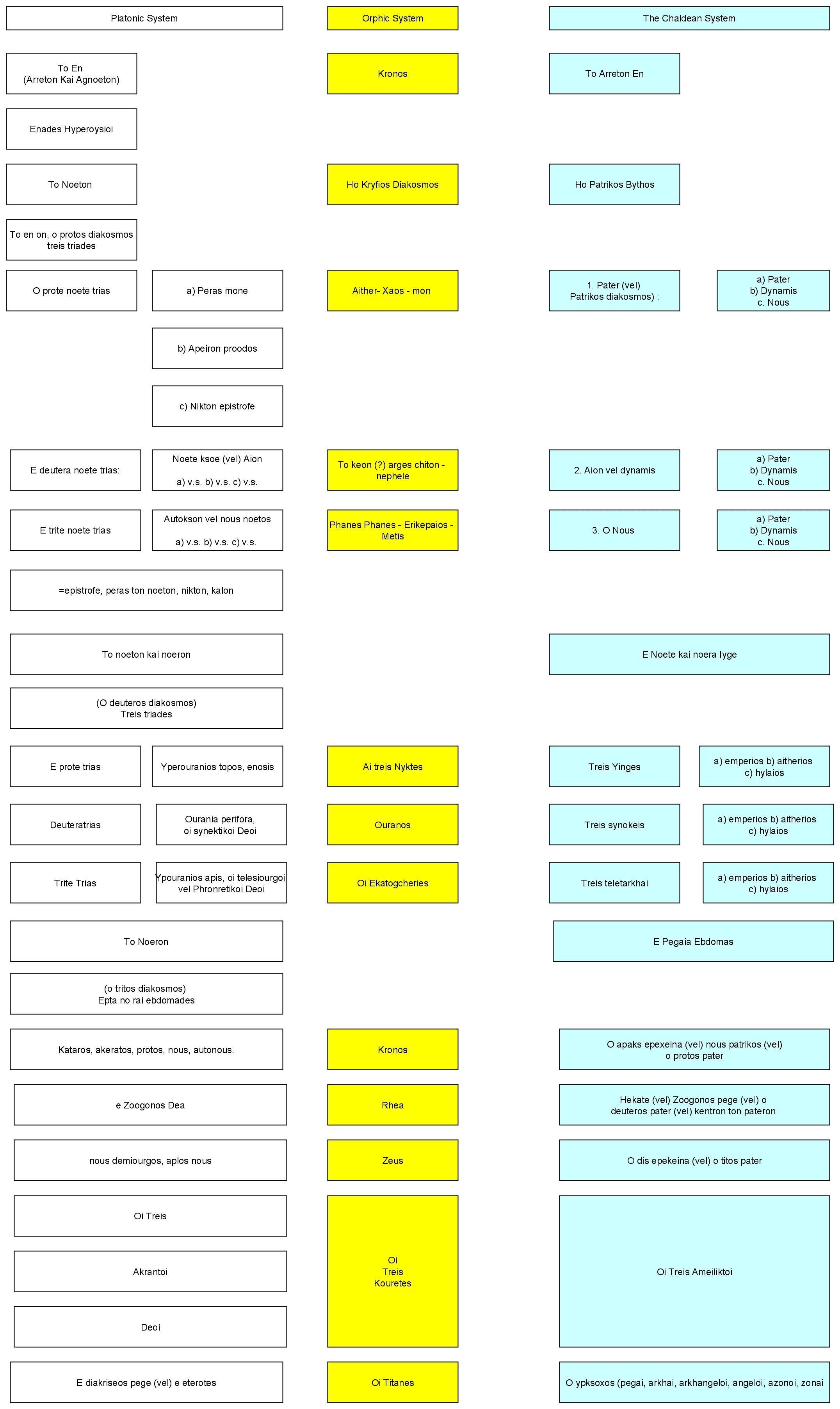Early Judaism was polytheistic, Solomon most definitely worshipped at least seven deities, as was the tradition in Levant and Mesopothamia (hypostasis of Planets). The monotheistic concept appeared in the 6th century before modern era, although the Caanite "Iah" and "Asherah" were worshipped by kings of Juda that used the suffix 'iah (apart from Mannaseh, who was a known pagan) to denote their loyalty to a tribal god. Evolution into "god of gods" was somewhat different. Yet, Even the word "Elohim" was plural and "Yahwe" was a seven-fold emenation of himself (thus the seven-fold model was compacted into one god and his names, starting with El') and was related to Sun deities. Most likely the origin of Elohim were the Assyro-Babylonian Igigi, children of Annuna, the former called Nephilim by Enoch in the 3rd century before modern era. The formation of a single god for a single tribe was formed from a embattled peoples whose "utility" was political.
The Hebrews at that time were close to extinction, after the destruction of Israel and subjugation of Juda, thus a consolidation factor emerged - that of a single deity assigned to this particular tribe. The motive is not new, in ancient China a single deity was also worshipped, way before Akhenatenism. Hellenes and Romans in their universalistic henotheistic panentheism worshipped a single God at least since Plato's times, that was the "e pluribus unum", and it did not contradict the worship of other Gods and Goddesses at all.
In neoplatonic theurgy, much later (I-II century modern era) "he" was instrumentally designated as the "Father" and was understood as an Abyss and an Idea, yet only the High Gods could understand that force. The evolution of this belief among Hebrews meant self-preservation for this peoples, while they were threatened by dilution and destruction. At first he was a lesser god of Canaan, related somehow to Ishkur (god of weather, earthquakes and storms), then the narration went that he defeated Caanite Litan/Lotan (Leviathan) also called Rahab and "in battles of gods" won, which is of course a Hebrew version of this story. This is an extremely short answer to your question.
For a Heathen/Pagan concept of unity among God/Gods check out this comparative table between Platonic - Orphic - Chaldean systems of theology, the elucidation of this complex theology is not related to this topic, so I'll just leave it like that.

